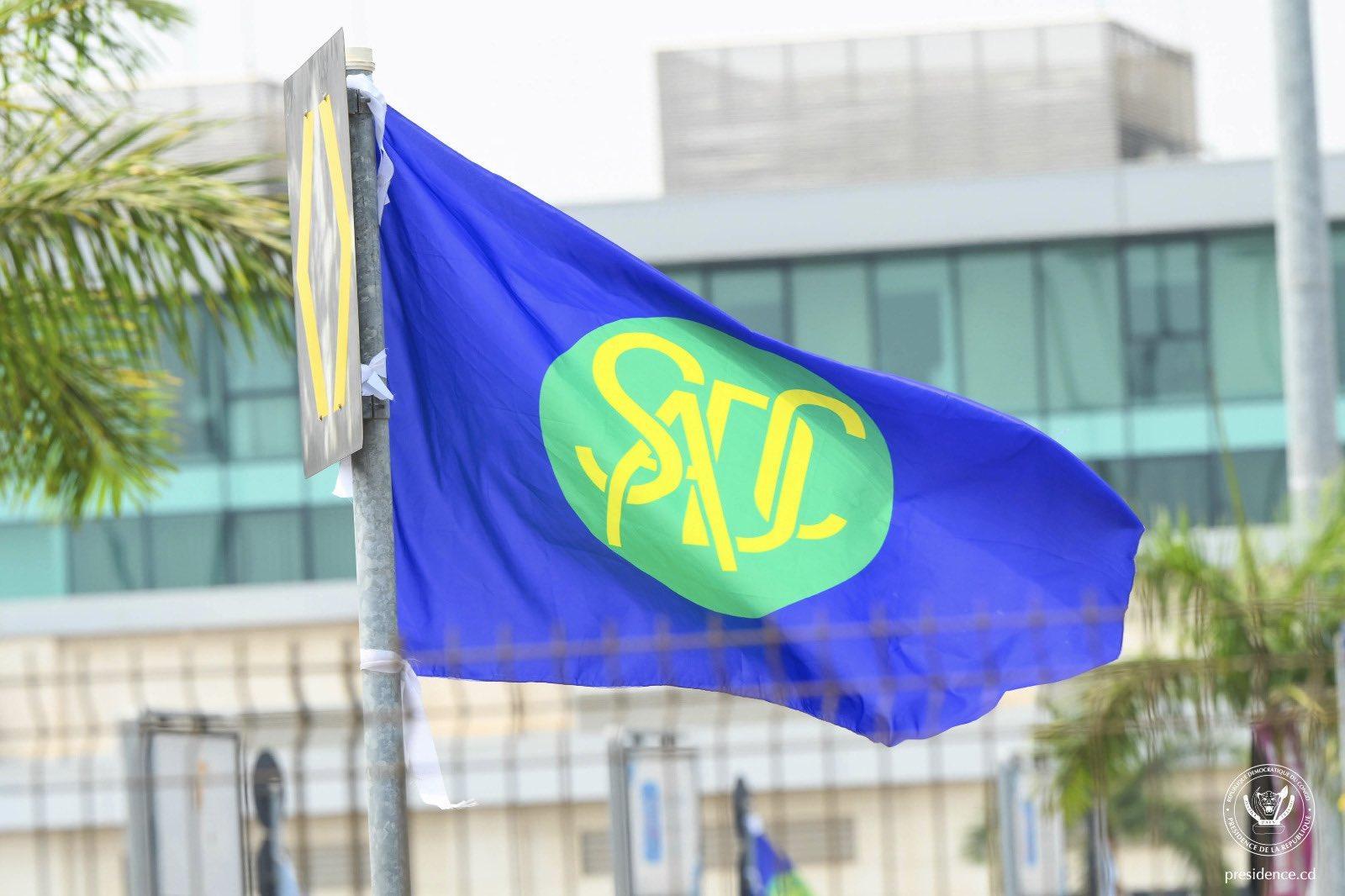Africa-Press – Zambia. Angolan international relations expert Osvaldo Mboco said on Wednesday that Angola’s presidency of the Southern African Development Community (SADC) could include the particular issue of infrastructure to support trade on the agenda.
Speaking to Lusa, Osvaldo Mboco said that Angola is a pacifist country and essentially strives to respect the rules of international law, as well as the institutions of democratic states governed by the rule of law, emphasising that the actions of the Portuguese-speaking country, as an intermediary, are essentially based on the limits of the United Nations Charter, the African Union and other international instruments.
“President João Lourenço has been working at the level of the African continent itself, specifically at the level of the Great Lakes Region on matters of conflict management and resolution, and we have been attending the various meetings held or promoted by Angola in this same direction,” said Osvaldo Mboco, emphasising that Angola is a country that to a certain extent has a consensus at the level of the continent on these matters and has a proactive and active diplomacy, which gives it some political capital.
Angola is hosting the 43rd ordinary summit of SADC heads of state and government on Thursday, at which Angolan President João Lourenço will take over the organisation’s rotating presidency, succeeding the President of the Democratic Republic of Congo (DRCongo), Félix Tchisekedi Tshilombo.
According to Osvaldo Mboco, political capital alone “doesn’t solve everything or isn’t enough”, but what has also brought Angola’s actions together “is the political will to see the region pacified”.
“What could happen now, with Angola’s presidency at SADC level, is that President João Lourenço will have greater responsibilities in these matters,” said the analyst, stressing that João Lourenço will lead an institution with a greater influence in comparison to the Great Lakes Regional Conference.
The expert pointed out that in SADC the aspects that will dominate are not simply those linked to peace, security and stability, but also issues such as human and financial capital, industrialisation, the empowerment of youth and women.
The central spectrum, the analyst continued, will be peace, security and stability in the region, pointing out that João Lourenço will encounter two sources of tension, namely the conflict in the east of neighbouring DR Congo and acts of terrorism in Cabo Delgado, Mozambique, where SADC has a force (Southern African Development Community Mission in Mozambique -SAMIM)) to combat the insurgency.
“The president will deal with these two issues in order to seek the pacification and security of these two states, because the primary element for the integration process to work is for the region to be stable or secure from a political and military point of view, so that trade can actually take place,” he said.
Another long-standing issue on the agenda, emphasised Osvaldo Mboco, has to do with infrastructure to support trade, such as the issue of regional roads, which do not exist in SADC, and cross-border railways.
For Osvaldo Mboco, when a country assumes the presidency of an organisation it also ends up defining its agenda and “Angola, along with the interests of the organisation, could also put trade support infrastructures on the agenda for discussion, namely the railways, bearing in mind the investment it has made in the Lobito Corridor, which has a cross-border nature”.
Looking at the summit’s motto – “Human and Financial Capital: The Main Factors for the Sustainable Industrialisation of the SADC Region” – Osvaldo Mboco stressed that the region has around 350 million inhabitants, i.e. a quarter of Africa’s population, estimated at 1.4 billion, and that human capital is crucial to the challenges facing the regional organisation.
According to the international relations expert, the challenges facing Africa’s human capital are great, since “a large proportion of young people have no professional training and in some cases are illiterate”.
“And this illiteracy isn’t simply about knowing how to read, write and count, we’re also talking about access to and knowledge of new technologies, the digital age, and it’s fundamental to look at another prism from the point of view of the motto, which is financial capital, which is decisive for the operations of various structural programmes and projects,” he stressed.
Source: Mozambique
For More News And Analysis About Zambia Follow Africa-Press







